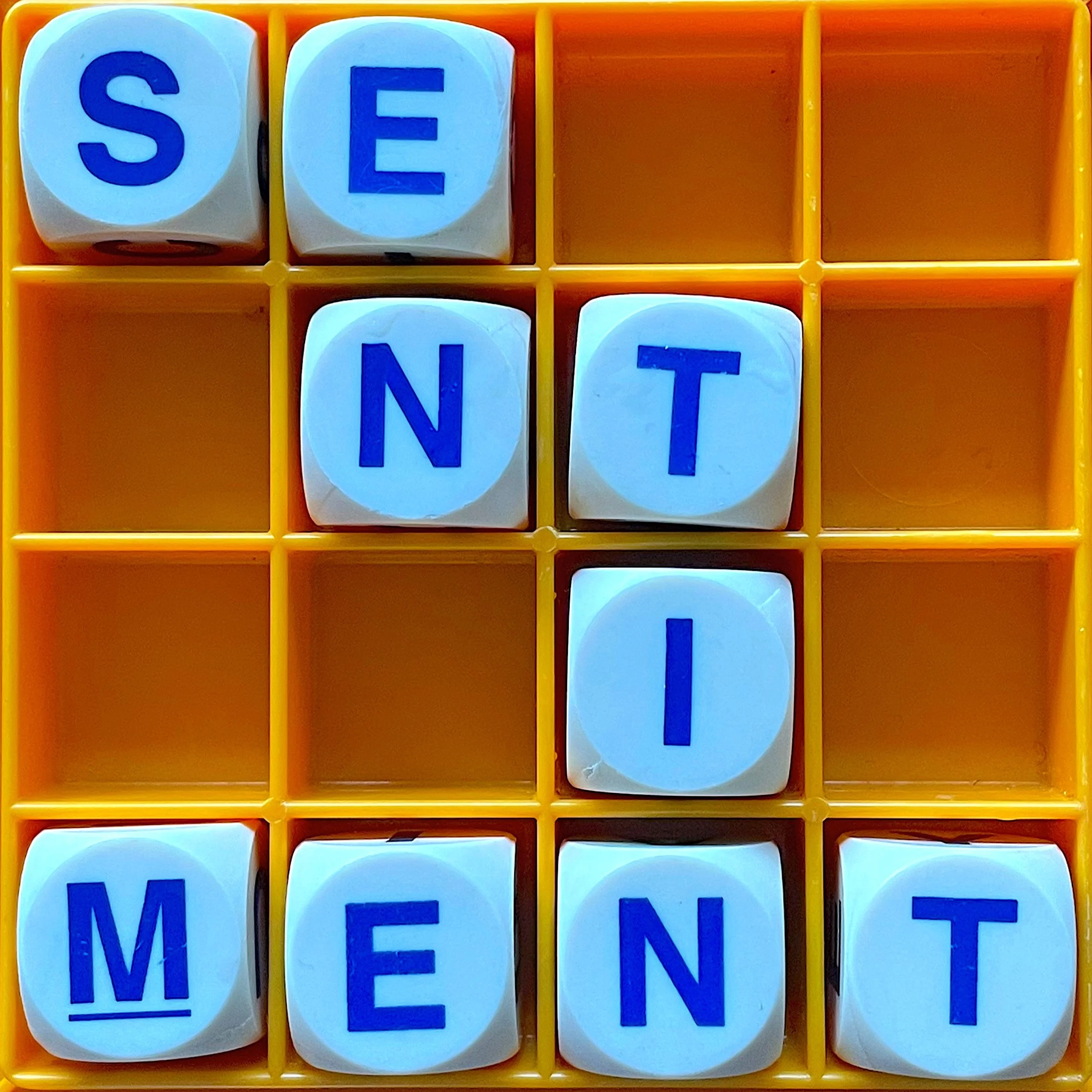HZ: People assume to my face that a podcast about language won't be fun, and they're like, “Why would you do something that sounds so boring and dry and like a punishment?” What kind of reactions do you get when people learn that you make games about language?
KATHRYN HYMES: It's so interesting - for some people there's a similar reaction, but for a set of people, it's like you have given them the thing that they have most wanted in the world and maybe didn't realise or articulate or hope that such a thing could be made. And it's somewhat shocking that there's enough of those people and that the internet is able to connect it, you know, connect us to them that we end up finding each other.
Allusionist 161 Sentiment transcript
SANDHYA DIRKS: When we talk about empathy: the idea that you can get outside of yourself, that we can imagine someone else's experience is so audacious, because human beings are not that freaking imaginative. I mean, like a unicorn is just a horse with a horn! We did not go that far to get to our most magical creature. We just like grafted two things on top of each other.
Read moreAllusionist 118 Survival: Bequest transcript
ELIZABETH KEREKERE: I'm so convinced that transphobia, biphobia, homophobia are such an integral part of colonisation, I reject that as a colonial construct, I reject it as racist.
As they took our land - tried to take all of our land, tried to take all of our language and suppress our culture, they also took our expressions of sexuality and gender. And that is important to us in a core part of our culture, especially because the way that the institutional racism, the intergenerational trauma that is the legacy of colonisation has impacted on us and the levels of discrimination against people with diverse genders, sexualities and sex characteristics, that we see that all of this, all of this was a massive attempt to cover up what was already there and pretend it never happened.



